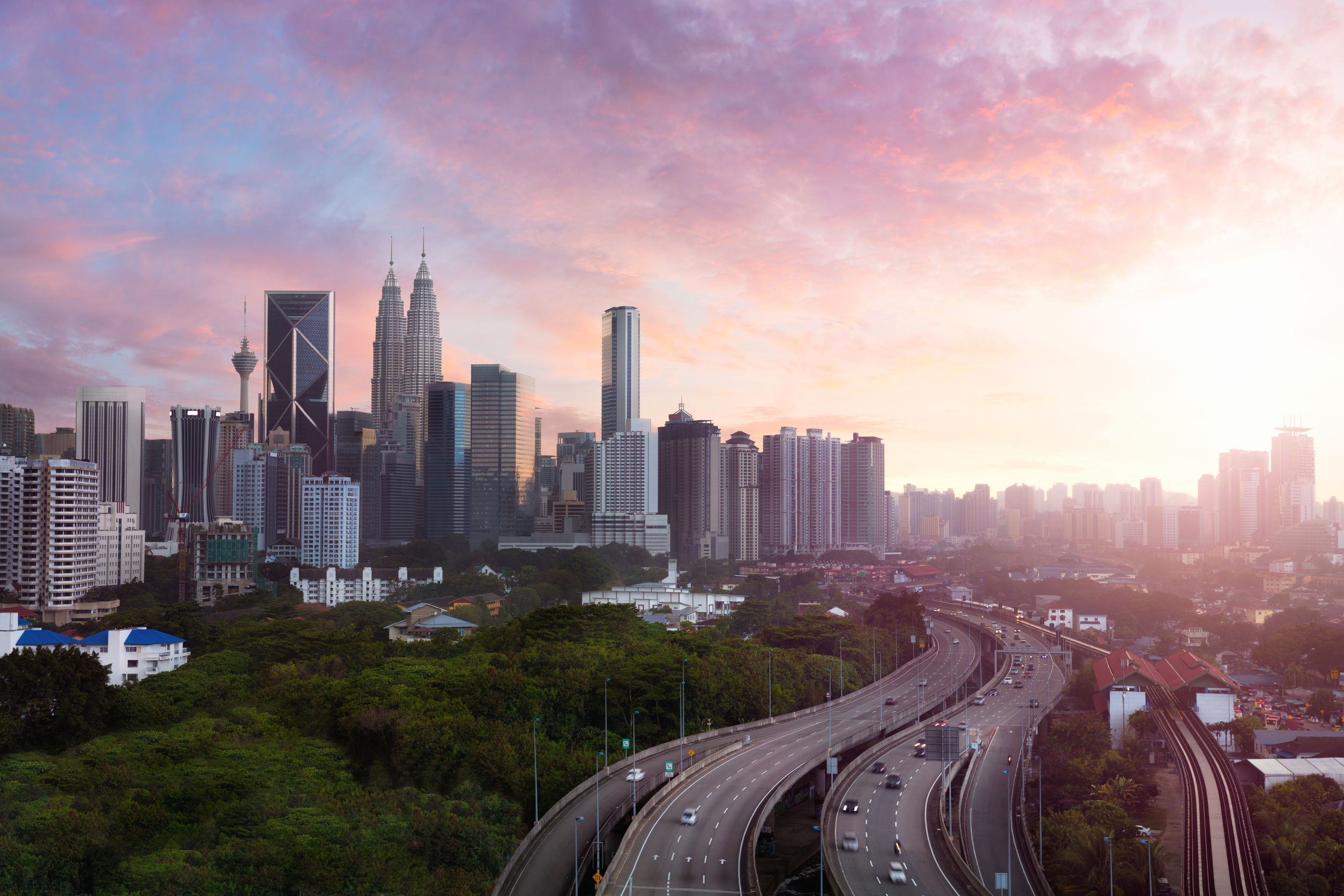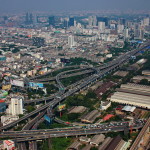In today’s age, sustainable environment in cities is important as it need to be more than a competitive business climate. An urban living that would provide an outlet for social interaction and conditions of which we can prosper is important in developing sustainable cities.
The continuous challenges and pressures faced by cities and its people today was the topic of interest during the ‘International Conference on World Class Sustainable Cities 2018’ (WCSC 2018) as it made its return, recently.
Held at the InterContinental Hotel KL on Sept 27, this year’s WCSC conference was themed “Kuala Lumpur: Today and Beyond”, and was organised by Real Estate & Housing Developers’ Association Malaysia Wilayah Persekutuan KL (REHDA KL); the Malaysian Institute of Planners (MIP); and the Malaysian Institute of Architects (PAM); with the official support and endorsement of KL City Hall (DBKL).
The conference discussed the challenges and pressures for further economic growth and stronger competitive advantages for cities in meeting the expectation of providing a better quality of life in an improved urban environment, which includes a conducive, inclusive and affordable living environment, excellent connectivity and ample outdoor public spaces set with a greener, and therefore, cooler urban setting.
WCSC’s Organising Chairman Michael Fu Yueh Yee said that some of the challenges cities such as KL face is the need to find balance between providing sustainable infrastructures and bridging the affordability gap that exists in a hot spot that is consistently experiencing migration and population growth.
“Cities therefore need to reinvent themselves to implement and rethink policies and innovative solutions for all issues confronting cities, to achieve the global goal of sustainable development and to implement the New Urban Agenda, an agenda that is universal and applicable to all,” he said.
Speakers at the conference included an eminent international line-up from countries such as Italy, The United States of America, South Korea and Singapore, who brought a variety of perspectives – though they shared a common thread in the need to achieve liveability, resilience, inclusiveness and sustainability through effective planning, technology and social innovation.
Also championing the New Urban Agenda, were well known local personalities such as the Malaysian Minister of Territories Tuan Haji Khalid Samad, Khazanah Research Institute Director Dr Suraya Ismail, and Former Real Estate and Housing Developers’ Association President Dato’ Jeffrey Ng.
Khalid said city planning for the future is crucial as 77% of our population are urban dwellers and proper planning is no longer an aspiration but a necessity.
He said Malaysia will become an ageing society by 2040, when almost 20% of the population will be 65 years old and above, bringing new challenges in suitable physical city environments.
Attending the event were more than 500 delegates representing the building industry, town and city planners, government agencies, representatives from residential bodies, NGOs and various other city stakeholders.
The organisers said that the conference is proud of its achievements over the last 10 years since its inception in 2009.
“The initiatives and positive results derived from the insights and lessons learnt from past WCSC international conferences speakers have manifested and been successfully implemented in Kuala Lumpur and other cities in Malaysia,” Fu said.
The implementations include the transformation of Cheongyecheon River in Seoul, South Korea, exemplary transportation solutions implemented in Curitiba, Brazil, and pedestrianisation projects in Hong Kong and Singapore, among others.
WCSC was created to provide a constructive platform to educate and engage all stakeholders on the benefits, as well as the challenges, of attaining a World Class City status. The conferences are specifically designed to showcase the best and successful practices being implemented throughout the world.
For more news, visit PropertyGuru News




